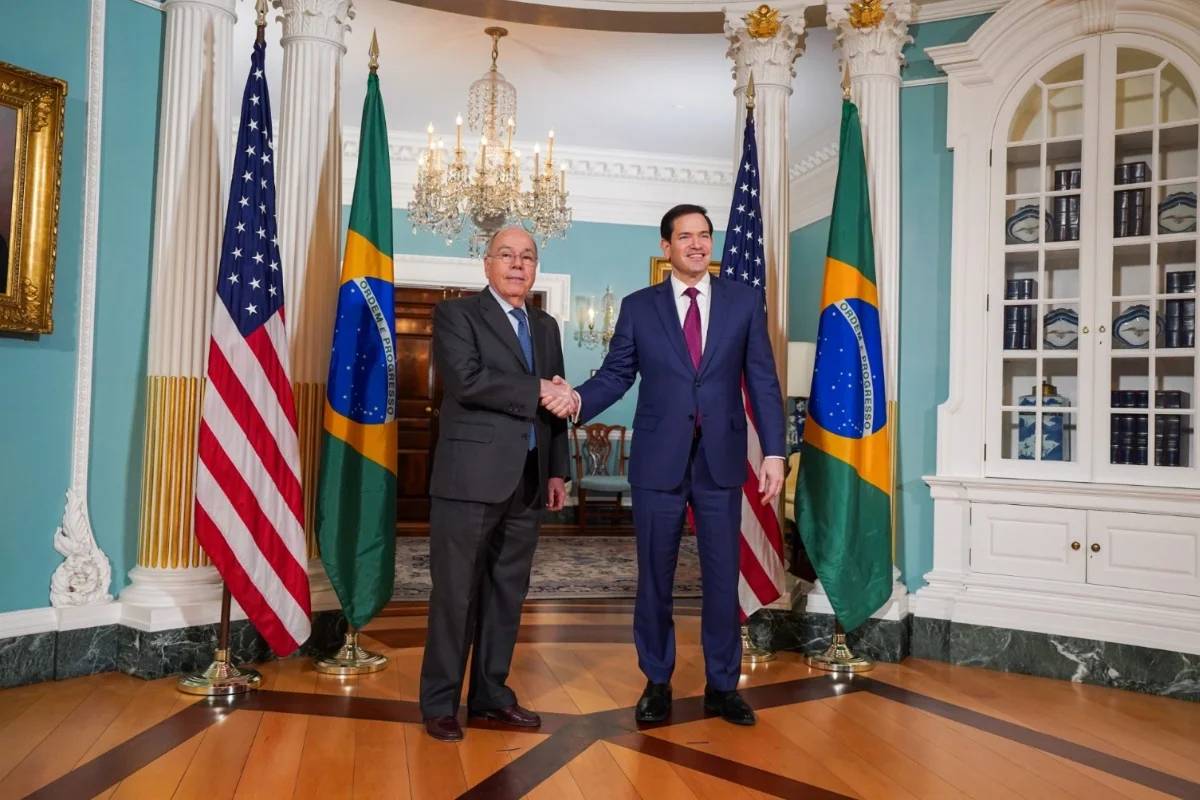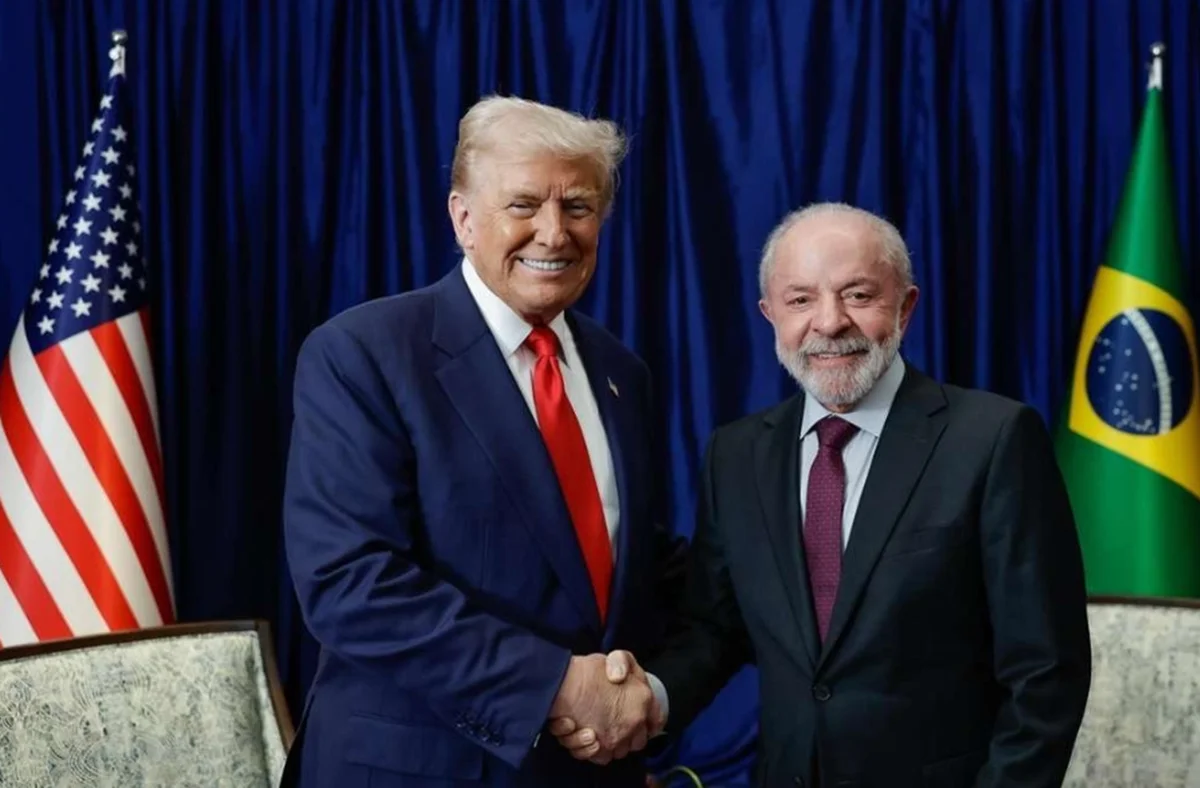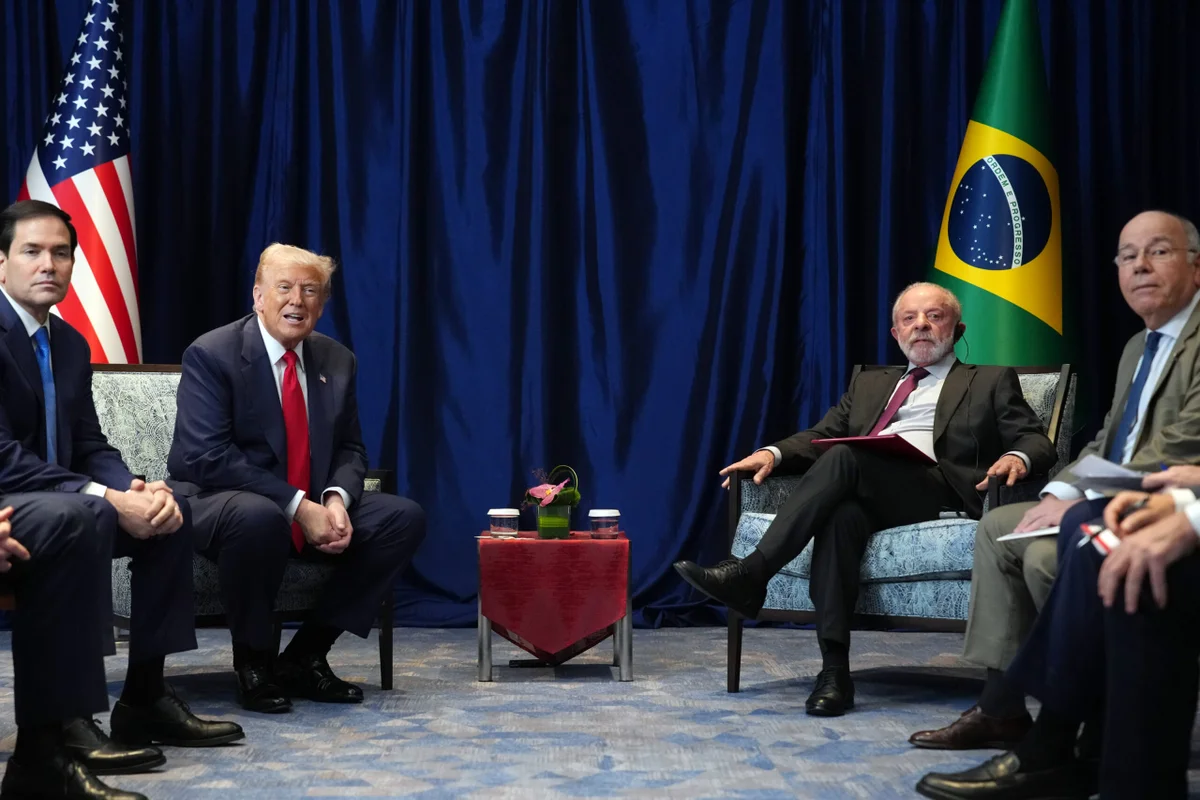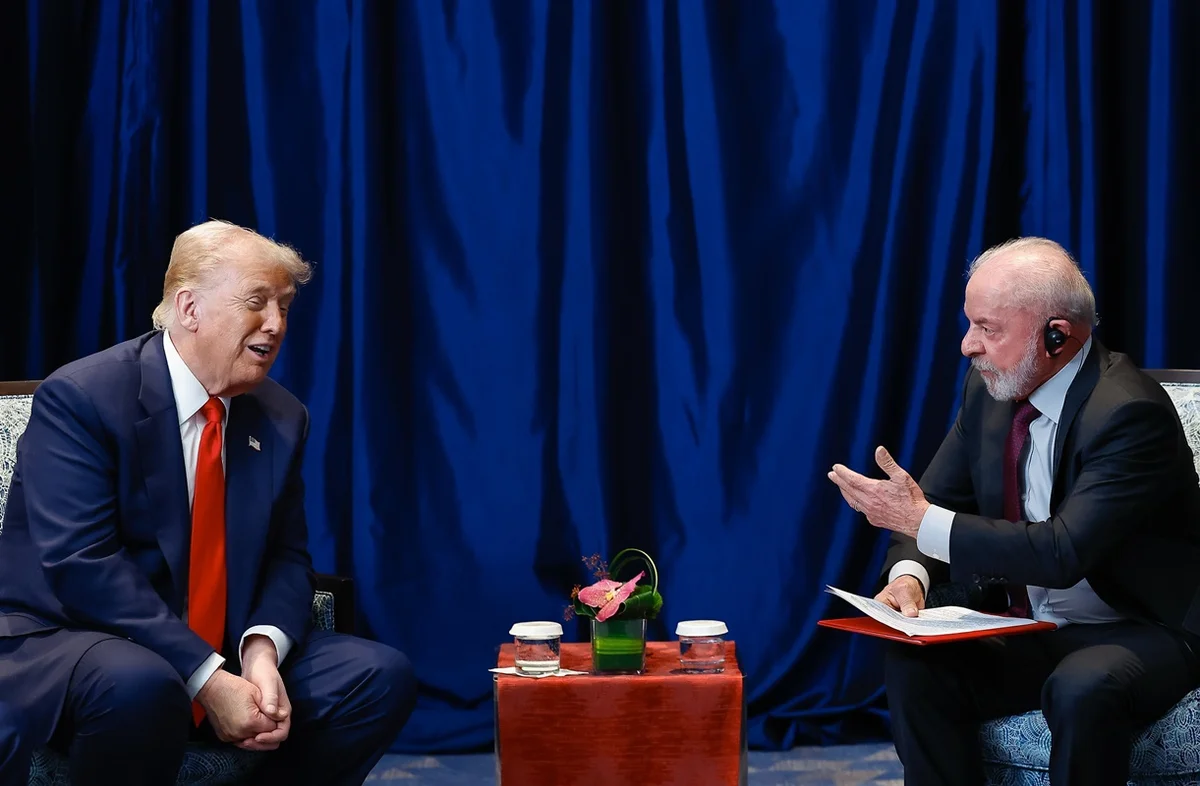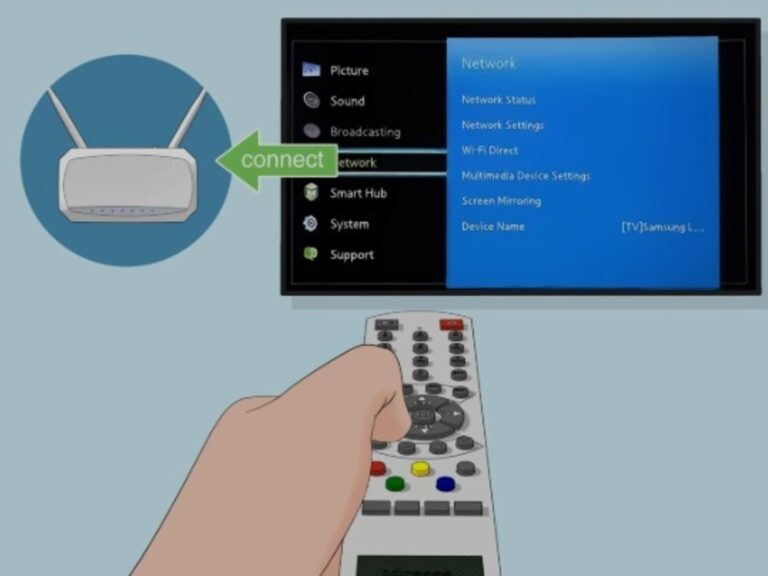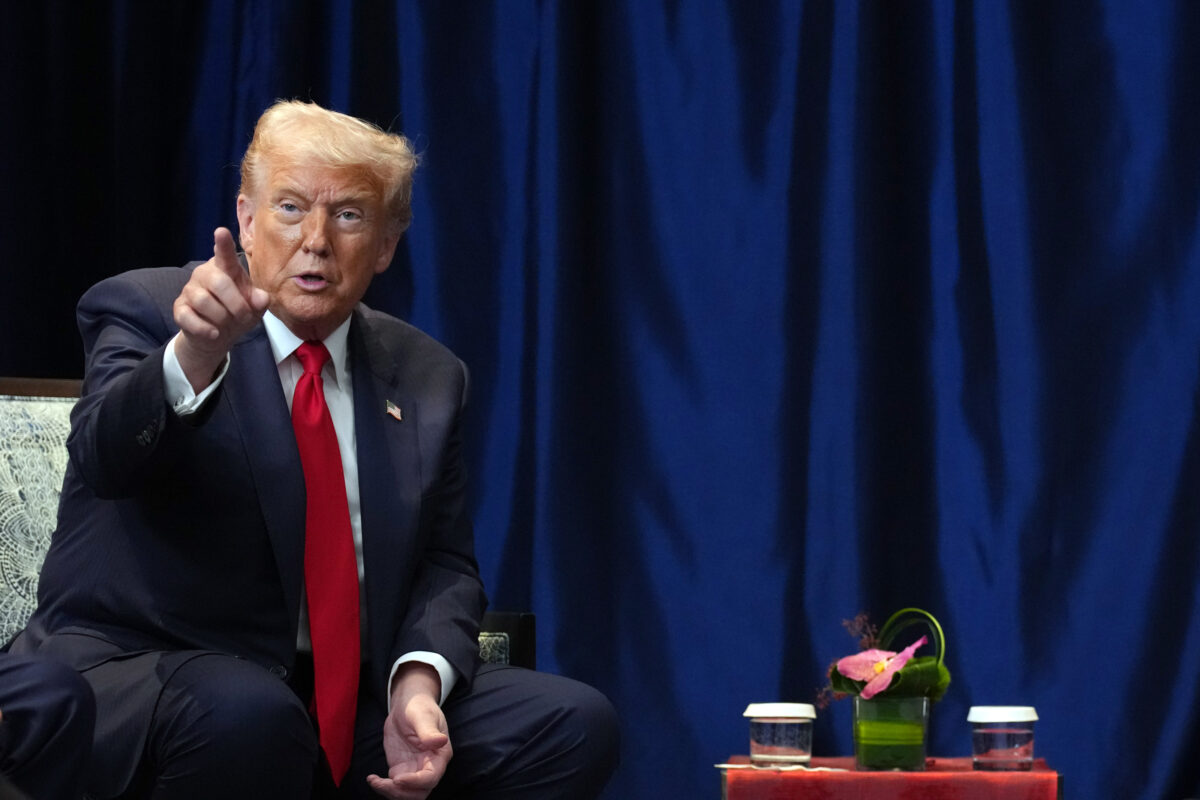
On Friday (11/14), US President Donald Trump signed an executive order further rolling back the tariff war and lowering tariffs on agricultural products.
The decision, announced by the White House, directly affects products exported by Brazil, such as coffee, beef and fruits such as acai, which are still subject to a 50% tax by the United States.
According to the North American government, this measure has retroactive effect and went into effect at 00:01 this Thursday (11/13).
In his executive order, President Trump justified his decision by saying he had received “additional information and recommendations from various authorities.”
“After considering information and recommendations provided by the authorities, the progress of negotiations with various trading partners, current domestic demand for certain products, and current domestic production capacity for certain products, we have determined that further changes to the range of products subject to the reciprocal tariffs imposed by Executive Order 14257 are necessary and appropriate,” President Trump said in the letter.
There have already been some setbacks since President Trump imposed tariffs. One of these occurred on July 30, the day before the U.S. tax rate went into effect. At the time, Republicans signed an order making about 700 Brazilian products tax-free.
negotiations with brazil
It is not yet clear whether the tariff reduction is a direct result of negotiations between the United States and Brasilia. But the move was announced a day after a meeting between Brazilian Prime Minister Mauro Vieira and US Secretary of State Marco Rubio.
The two diplomats met in the United States on Thursday (November 13) to discuss tariffs. After the meeting, Prime Minister Vieira said a “general proposal” to address interest rates had been presented to North American prime ministers.
The bilateral meeting between the diplomatic leaders of Brazil and the United States took place after two meetings between President Luiz Inácio Lula da Silva and Donald Trump.
At their last meeting in Malaysia at the end of October, the two leaders opened the door to trade negotiations between the two countries.
Additionally, the produce cuts coincided with an investigation into U.S. meat processing plants ordered directly by President Trump due to rising domestic meat prices.


